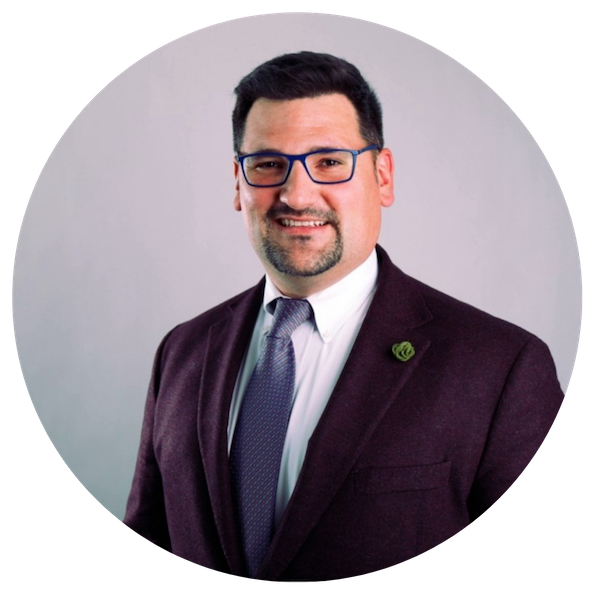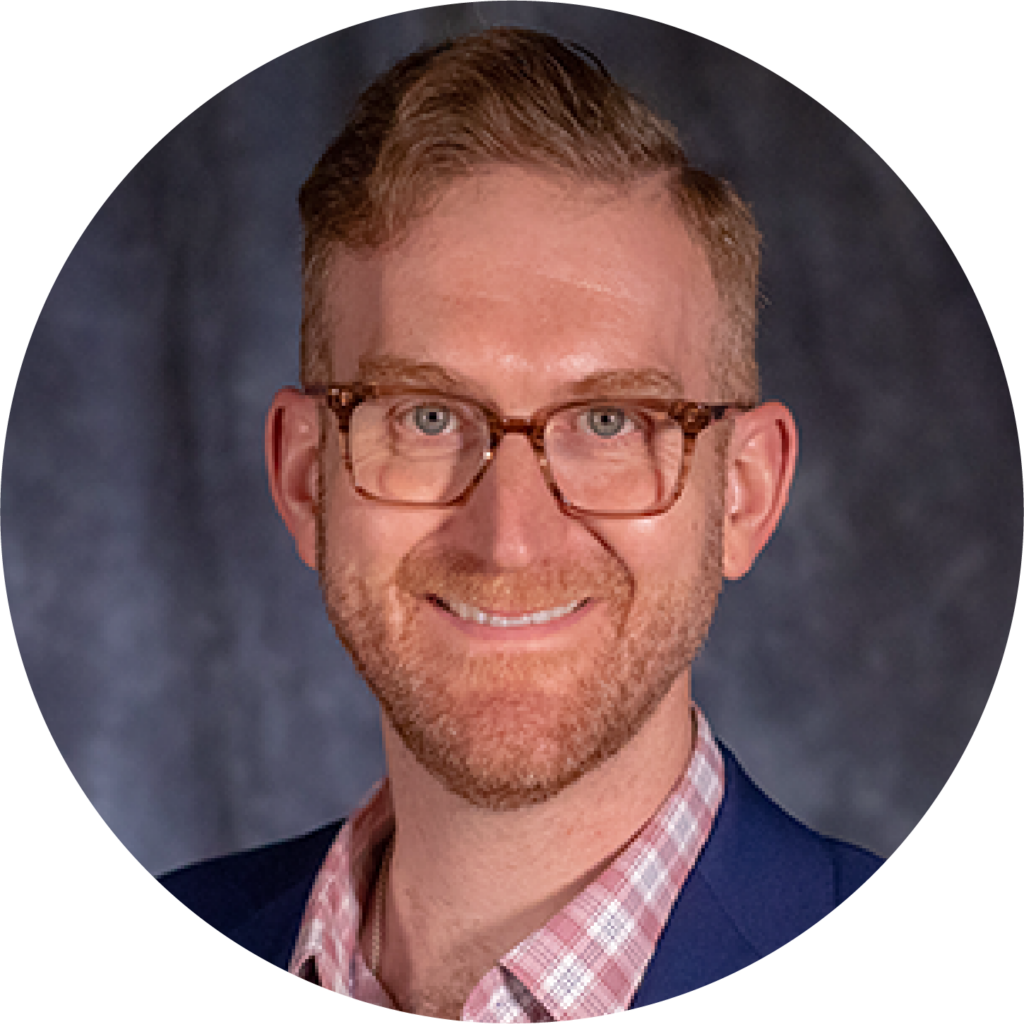Josh Welch, AFA President

If there’s one thing we’ve both learned in our time as fraternity/sorority professionals, it’s that change isn’t something we encounter occasionally—it’s a constant in our work. Whether it’s leadership transitions, evolving campus cultures, shifting budgets, or broader societal and political pressures, uncertainty is always present. The real question is never if we’ll face it, but how we choose to respond.
For me, navigating change begins with a commitment to understanding myself and intentionally developing the competencies needed to adapt. A faculty member recently encouraged me to explore Ryan and Deci’s Self-Determination Theory, which centers on competence, autonomy, and relatedness. That framework has shaped how I believe we can approach uncertainty, not just for personal resilience, but also for how we support one another in this profession.
When we feel competent and know we’ve built the skills and knowledge to handle evolving challenges, we’re far more willing to embrace innovation and step into the unknown with purpose. Autonomy reminds us that while external factors may be outside our control, how we respond is always within our power. And relatedness—the connections we maintain with colleagues, students, and our professional communities—provides the resilience and motivation to persevere.
This is exactly where professional associations like AFA play a critical role. In times of uncertainty, AFA offers both stability and direction. It’s where fraternity/sorority professionals find community, shared purpose, and guidance when the path ahead feels unclear.
As an association, we recognize that part of our responsibility is knowing when to stand firm and when to lead change. There are moments where planting our feet—holding fast to our core values, ethical standards, and commitment to supporting student success—is essential. And there are moments where we must be proactive, driving innovation, adapting to meet emerging needs, and positioning our members to thrive in a shifting landscape.
Jason Bergeron, Ph.D. – AFA Executive Director

Andrew, Aubrey, and the Perspectives editorial team have built a collection of works that help to showcase how the work of the fraternity & sorority profession is responding to an increasingly volatile and chaotic culture towards higher education. It can be easy to respond to chaos with more chaos, and that feeling is completely valid. But Josh’s thoughts about where to lead change and where to stand firm reflect how AFA responds in these moments of chaos. That’s what professional associations like AFA have an opportunity – to respond with strength of direction and focus when the world feels discombobulated.
AFA has had a lot of opportunities in the recent months to stand firm – We have seen this in our commitments to amplifying our positions – most notably our positions on the “Value and Benefit of the Fraternity/Sorority Experience” and “Diversity, Equity, Inclusion, & Access.” We have been able to stand firm in our commitment to prioritizing the work of our strategic plan and returning the investments in membership, program fees, and donor dollars back to our members. All of these were crafted to be clear about what AFA believes to be important in the needs of our professionals and have served as our guideposts in times of chaos.
Where we are leveraging opportunities to lead change is through what we often call around the AFA staff table “skills 2.0.” This represents a new set of skills that have not often been a part of our lexicon, but reflect new ways in which our professionals are being asked to demonstrate competency. How do we prioritize the growth that keeps fraternity and sorority life communities sustainable without standing on the corner handing out brochures? How do we build business savvy that will help professionals and communities to tap into alternate revenue streams that will help to fund critical programs? Where can we find and cultivate talent when our traditional preparation pathways are narrowing? It is these areas in which AFA is taking an opportunity to lead and to be unafraid in holding to models of practice that are no longer serving us.
In a world where uncertainty is inevitable, we believe that with the right mindset, skills, and a strong professional community, fraternity/sorority advisors are well-equipped to not only navigate change—but to lead through it with confidence and purpose.




